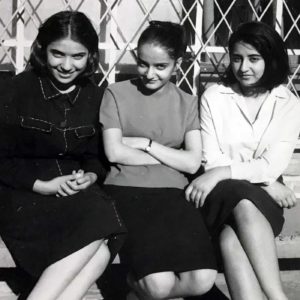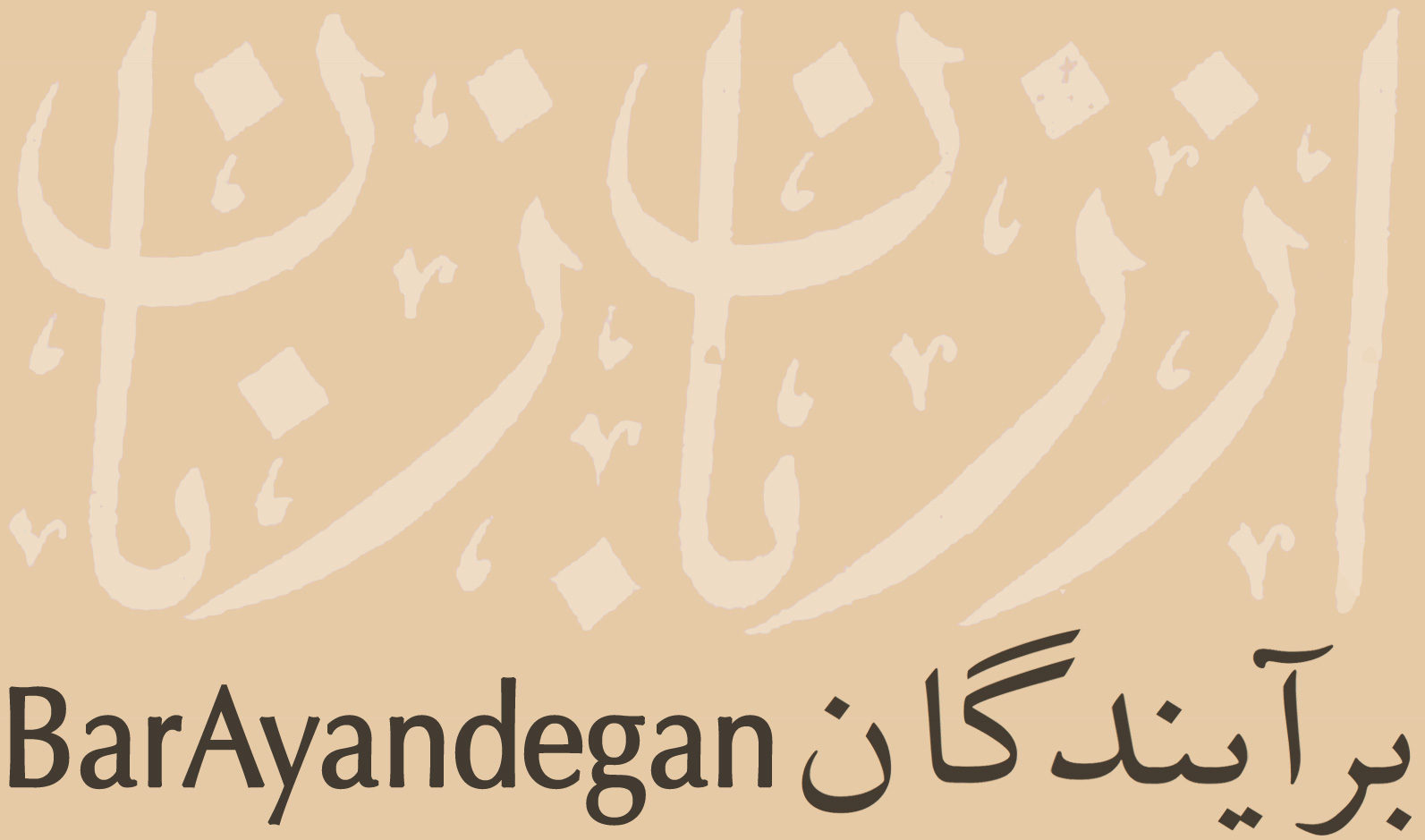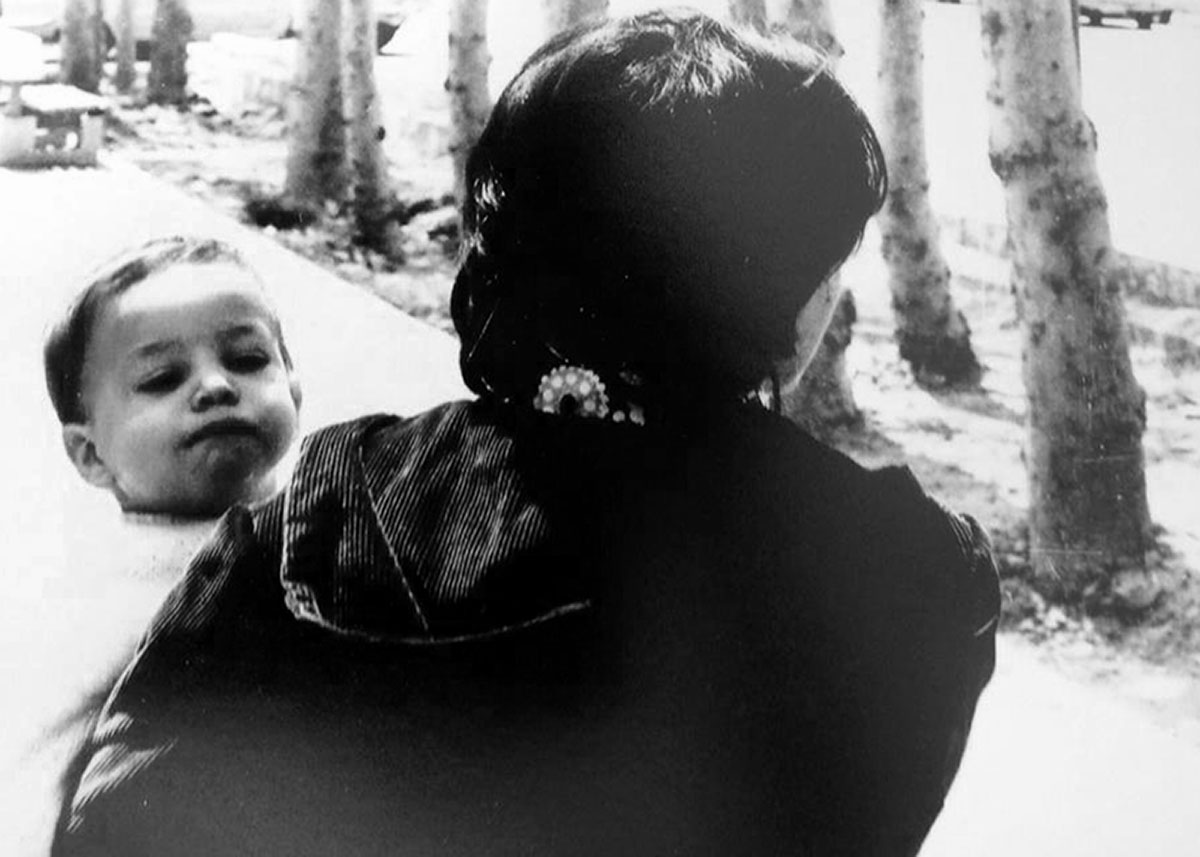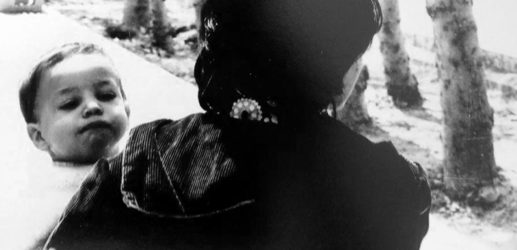Podcast: Play in new window | Download

(This podcast is in Farsi.) In Yadhay-e Parvin (Parvin’s Memories), the first full episode of BarAyandegan, we become familiar, intimately and personally, with Iran of the 1940s-1980s and also with the issue of immigration in a longer historical context. Parvin gives us vivid images of her childhood and youth, of what was important and influential in her life. Beyond the personal dimension of these images, what comes through clearly is aspects of Iranian culture and history, substantiated with details that are rarely included in or are absent from the more formal narratives of the period. In the first chapter, we return to Tehran a few years after the occupation of Iran by the Allied forces during WWII. Signs of modernization are apparent: Native languages other than Farsi have been eliminated in formal education, English has replace French as a foreign language, Western classical and jazz music have a prominent place, people dress in Western style clothing, and the books they read are translations of Western literature. But Iranian culture rules social relations and the architecture: Neighbours know and help neighbours; neighbourhood residents belong to different socio-economic, religious and language groups; booksellers also lend books to readers; and houses are built in traditional styles suitable for the climate. In the second chapter of Yadhay-e Parvin, also included in this podcast, we hear about working in Iran and immigration. Enriched by her personal experience, Parvin’s reflections on family and social relations gives us not only an intimate portrait of herself, but also a close understanding of her times and the continuities and discontinuities of cultural and social processes in Iran. Join us to hear this history in Parvin’s voice.
Subscribe to our podcast and news ![]()
![]()
![]()
![]()
![]()
![]()
![]()
![]()
![]()
I’ve known Parvin Samadzadeh since I came to Canada. Although the geographic distance between us and our busy lives have not permitted us to have closer relations, as two Iranian feminists we have always supported each other, and at times we have collaborated. In one of my previous projects that is about the 1953 coup in Iran, Headquarter: Pathology of an Ouster, Parvin’s narration of her observations as a youngster on the 19th of August, the day of the coup, was part of the project’s performance script, and her participation in our workshops was particularly effective for me and our younger non-Iranian collaborators. When BarAyandegan (Emergent) was in pre-production, Parvin was one of the first people that I consulted. Her feedback about the intended content of the project’s interviews, and also her support in editing the first drafts of the Farsi texts were very helpful. That is why I decided to conduct my first conversation with her.
On February 23, 2018, I went to Parvin’s home in north of Toronto. We spent the whole day together, had breakfast, lunch and dinner, and talked. Much of the memories and issues that are included in the podcast were new to me. For the first time I learned that she was born in an Azarbaijani family and her maternal grandparents were amongst the Iranian immigrants in Baku who were forced to return to Iran after the 1917 October Revolution. Exploring Parvin’s memories made me familiar with the Iran of her youth. As you hear in the podcast, our conversations got deeper and more personal. In places, we broke the boundaries that are customarily kept in Iranian culture, and we talked about issues that are rarely discussed in the public. This was a big step for both of us, and I am thankful to Parvin for her openness and courage to tackle these. The podcast program is an edited version of the few conversations that we had during the course of the day we spent together.
With thanks to Parvin, and also to Azam Eskandar who took on the narration from a long distance and in short notice.
Parvin’s Notes
I was born to a 16-year-old mother in Tehran in November 1945 in a house at the intersection of Bouzarjomehri and Galoobandak streets. When I was one, my family moved to a new house on Pastor Street near Farmanfarma Waters. I grew up and lived there until I married in the summer of 1966.
I attended Bozorgmehr Elementary School, and got my high-school diploma at Hadaf Girls School. My university education was at Madrese-ye Aali-e Dokhtaran (Women’s College) where I obtained a bachelor degree in psychology. After serving a 2-year conscription period, I went to the United States with my husband to continue our education. But my stay there only lasted three years. When my husband died suddenly, I had to return to Iran with my son who was only forty days old.
For almost ten years, a period that was undoubtedly one of the most turmoiled decades in Iran’s history, I lived with my young son in Iran. We returned to the United States at the height of the Iraq-Iran war., and we lived in different cities for the next four years. Finally, fate brought us to Canada where we settled. While working full-time in community work in Canada, I also obtained a two-year degree in the same field, and later I trained in the area of family mediation. Most of my professional activities in Canada has been in relation to the diasporic Iranian communities.
This year is the 30th anniversary of my immigrating to Canada. Three years ago, after working for twenty-six years in this country, I retired. Presently, I spend most of my time in reading, attending cultural events and occasionally doing volunteer work. My son completed his higher education in the US where he is a scientist and a university professor. He is a kind and responsible son, and his presence is the dearest thing in my life.
P.s. My conversation with Gita took place in a personal space between friends. The intimate space we inhabited allowed me to feel at ease in using English words occasionally. I would like to apologize to the listeners here. Obviously if another opportunity arises, I will be more careful.
به صفحهء فارسی این پادکست بروید



